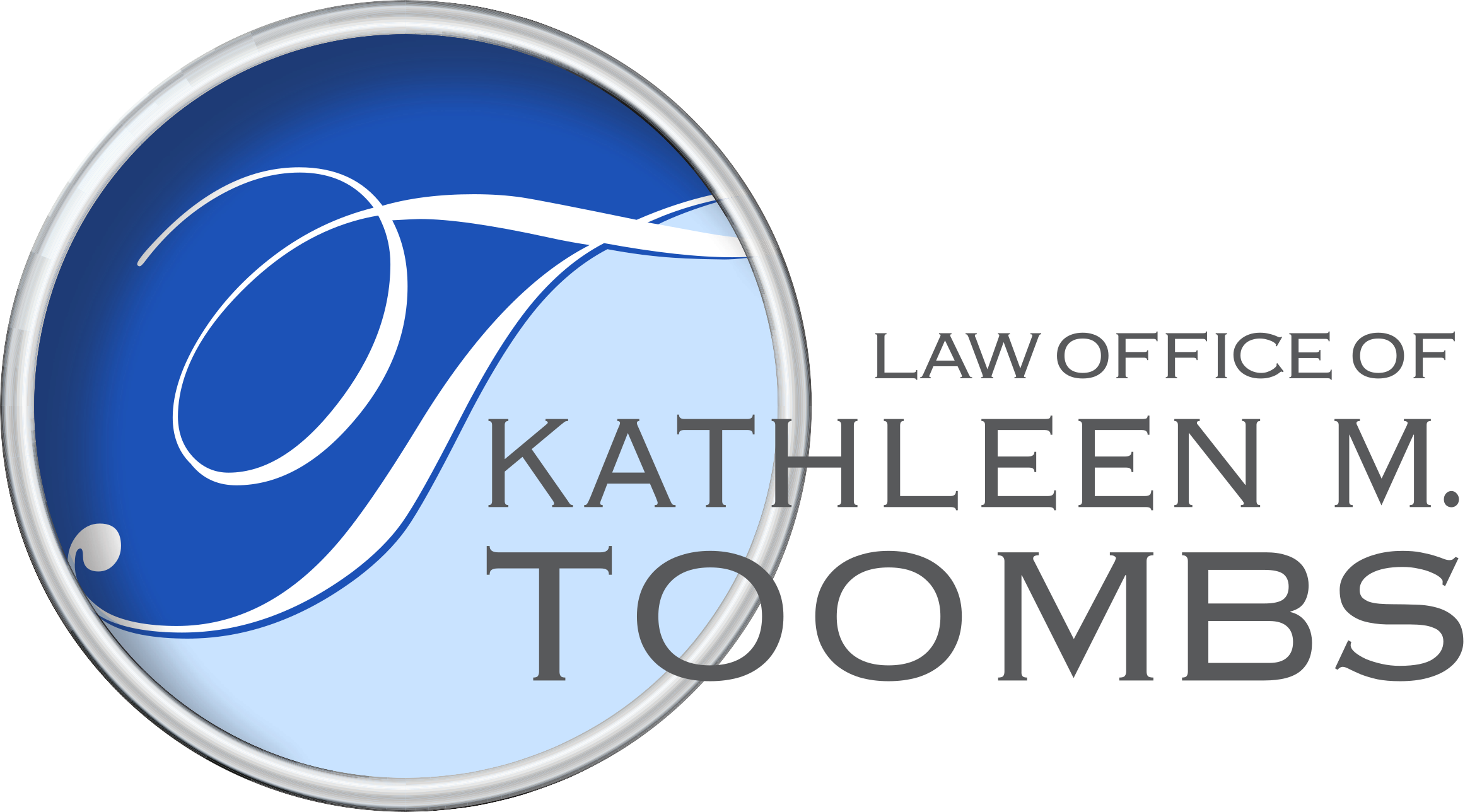Blogs
DO YOU REALLY NEED A WILL?
The short answer to this question is “yes.” Everyone who owns anything should have a will. A will puts you in charge of the distribution of assets upon your death. Without a will or other estate plan your state’s rules determine who gets what after your death. Even with a trust, jointly owned property, and beneficiary designations, a will is important, even if just a “backup” plan.
The simpler your affairs are, the less complicated your will and overall estate plan is going to be. However, it does not take much to complicate your estate. Family dynamics play a part in estate planning. If you have minor children your will should name a guardian for those children. A beneficiary may be better served by naming a trustee to manage their share of your assets after your death. Blended families, a second marriage or cohabitation require thoughtful planning and a will to distribute assets fairly.
Most Americans do not have a simple will as part of their estate plan. Many people believe if they have made beneficiary designations on life insurance policies or retirement accounts that a will is not necessary at all. While it is true that those particular designations will ensure the people you elected will receive benefits or inherit those assets, the distribution stops there. If there are other assets that you own or if you would like to give part of your estate to a charitable organization, a will is essential to your estate planning needs.
Creating a will as part of your estate plan is primarily about passing your wealth to your loved ones after you die since a will only “works” after it’s gone through the probate court process. It really is about giving you both independence and control of what happens to your assets after your death. Instead of leaving the distribution of your property to local intestacy laws, a will can put your wishes down on paper and direct a selected person to carry out your desires exactly as expressed.
Keep in mind that without a will, through a surrogate’s court proceeding the court will decide the rightful heirs and distribution of assets of a deceased person. Going through probate can be both more time consuming and expensive without a will than it is with a will. This is because your will can waive certain probate requirements and contain a “no-contest” clause. At the same time, probate without a will follows the governing state’s intestacy laws which may result in a less-than-perfect split of assets that not only may not be in line with your wishes but may leave surviving loved ones unhappy with the outcome. Consequently, for many reasons the creation of a will can fill in gaps of property assignment, better provide for your beneficiaries and plug holes in beneficiary claims on life or other insurance policies.
Law Office of Kathleen M. Toombs, PLLC
Recent Posts
Contact Us


